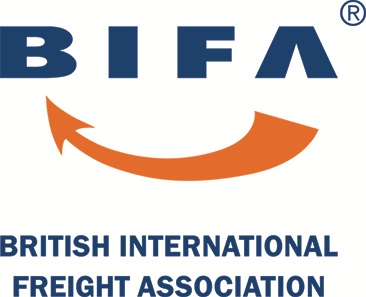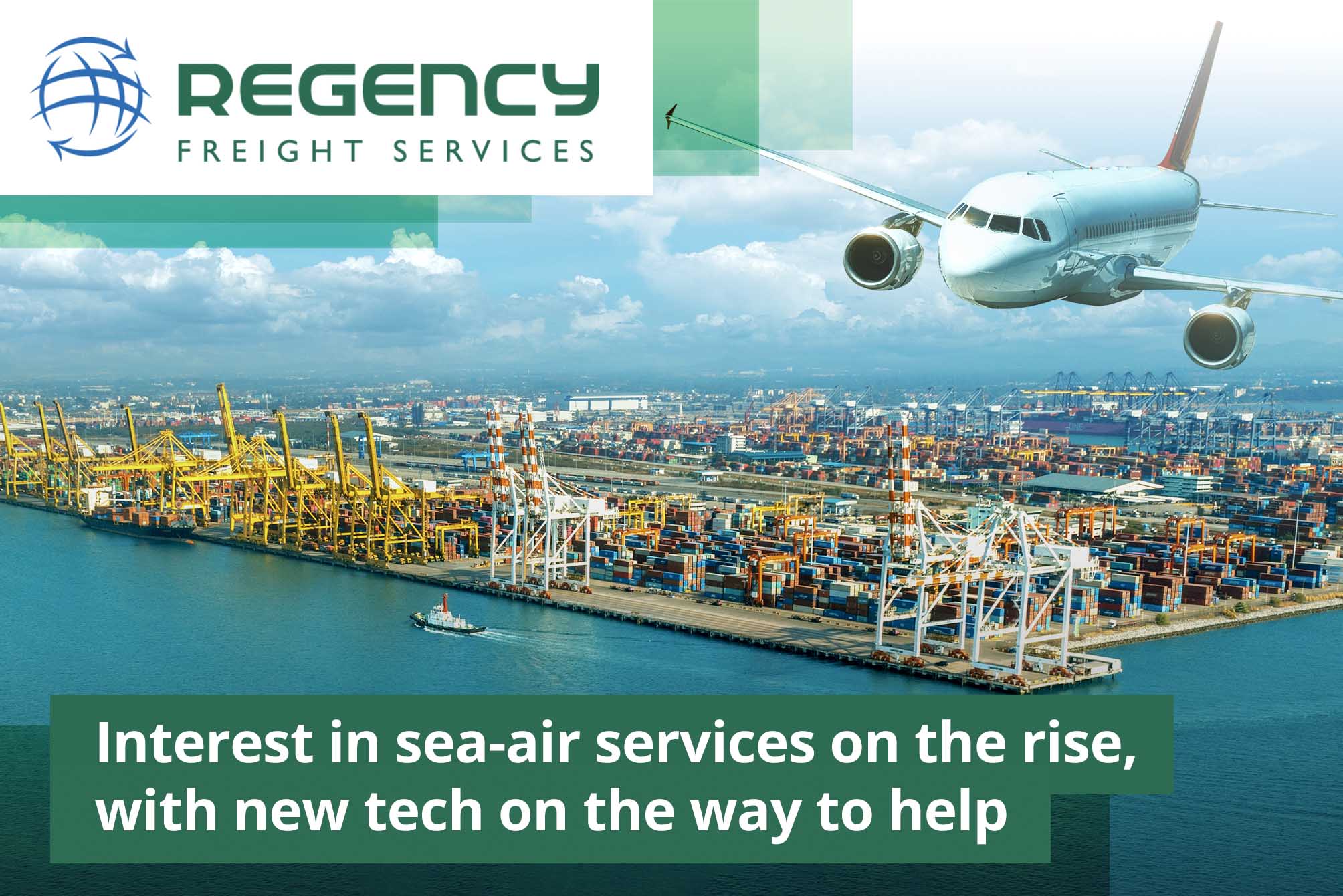Interest in sea-air services on the rise, with new tech on the way to help22 January 2024
While Maersk has achieved success with its integrated sea-air services, it appears that similar services from shipping giants MSC and CMA CGM have not materialized. However, there is a recent increase in sea-air activities, and advancements in technology are facilitating smoother modal switches. Despite some shipping-air-lines showing little interest, others are actively seeking collaboration opportunities. Challenge Group has expressed interest in establishing a relationship with Israeli counterpart Zim, aiming to combine sea-air services through hubs in Liege and Tel Aviv. Yossi Shoukroun, CEO of Challenge Group, mentioned ongoing discussions with Zim, indicating a desire for a broader collaboration beyond their current level of engagement. Unfortunately, plans for further collaboration were overshadowed by the situation in Israel following the October 7 attack. Challenge Group is also developing ties with MSC, albeit through its air cargo division. The company maintains a strong collaboration with MSC in Liege, where MSC has designated the location as one of its European hubs. While it's unclear if MSC has launched direct sea-air services, industry experts suggest that there is a temporary uptick in sea-air activities. However, some anticipate a challenging year ahead, with sea-air facing potential disruptions and uncertainties in the market. Contrary to this view, another source in the forwarding industry expects an increase in sea-air services, especially from landlocked countries to the US via key gateways like Los Angeles and Miami to Latin America. Nevertheless, the success of such services will depend on market dynamics and the ability to adapt to changing conditions. Maersk, known for its integrated services, introduced a sea-air product in September in collaboration with the port of Salalah and Oman Airports. This service aims to reduce transit times on traditional trade routes by 20-40% compared to pure ocean transportation, with cost savings ranging from 10-20% compared to air freight solutions. In the realm of technology, companies like Cathay Cargo and Airport Authority Hong Kong are leveraging systems like ONE Record to facilitate the seamless acceptance of shipments, allowing customers to switch between modes effectively. Additionally, MSC Air Cargo has expanded its fleet to enhance weekly services and connect various global locations. In summary, while Maersk has paved the way for integrated sea-air services, other industry players are exploring collaborations and leveraging technology to capitalize on the potential benefits of sea-air transportation. The market's response and future developments will determine the viability and sustainability of these initiatives. By: Alex Lennane |
|
   |
